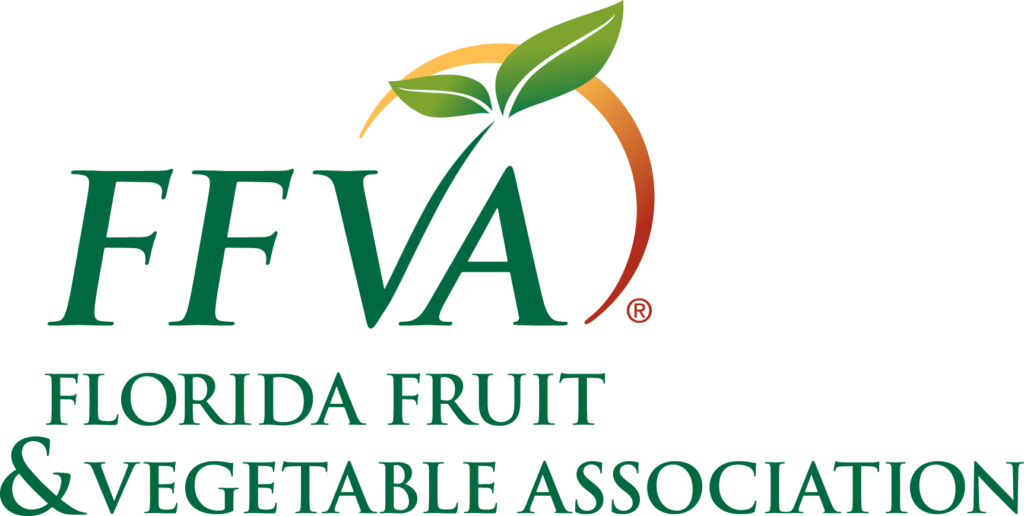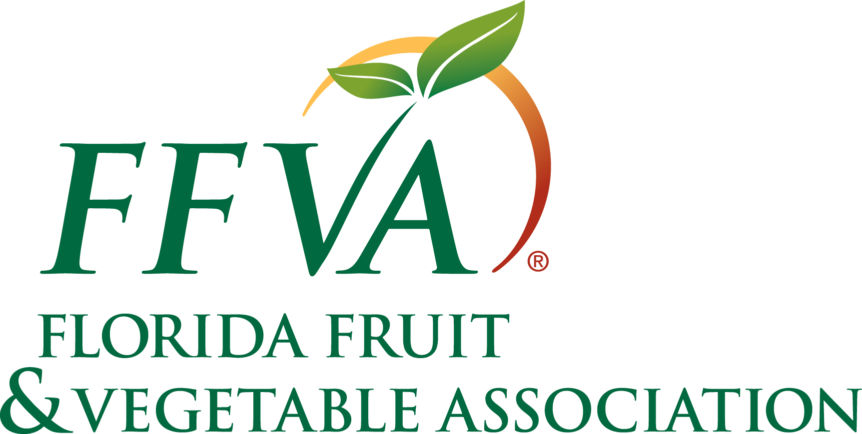The Florida Fruit and Vegetable Association (FFVA) is urging the U.S. Department of Agriculture (USDA) to strengthen Florida’s specialty crop industry.

The FFVA submitted a letter to the USDA last week, outlining recommendations on how it could better support the state’s specialty crop industry, through the USDA’s Specialty Crop Competitiveness Initiative.
The recommendations stemmed from the current challenges Florida growers are encountering in their bid to remain sustainable. These include increased imports during Florida’s marketing window; lack of a reliable labor force; rising input costs; and ongoing pest disease issues.
“Florida’s fruit and vegetable industry competitiveness relies heavily on fair trade practices with foreign suppliers, the ability for growers to remain profitable, access to a reliable labor force and consistent domestic and international consumer demand to keep our farms in business and people fed throughout the country and the world,” FFVA President Mike Joyner wrote in the letter.
Labor and Trade

The FFVA focused a significant portion of the letter on the top two concerns affecting specialty crop producers; trade and labor. The letter highlighted how increased imports have not only impacted Florida’s marketing window but other states as well; Georgia, North Carolina and South Carolina, to name a few. The impact is not isolated to one specific crop, either.
“In Florida alone, the list of seasonal produce sectors that are being crushed by unfairly priced foreign shipments is long and getting longer – blueberries, strawberries, bell peppers, squash, cucumbers, watermelon, lettuce, sweet corn and others,” Joyner wrote. “All these sectors vitally need an immediate, effective and enforceable trade solution to help them survive.”
Labor is another immediate concern and costly expense, representing as much as 50% of all input costs. Florida is dependent on the H-2A program to supply a sufficient workforce, though it costs farmers $25 an hour, per laborer, when combining expenses for housing, transportation and wages.
“Labor costs are therefore a significant determinant for whether growers are competitive,” the letter read, highlighting the lack of mechanical harvesters for most crops. “These large workforces are needed on a seasonal basis, and the workload does not exist for employers to support year-round employment. Unfortunately, Florida has long endured a worsening domestic labor shortage, and the availability of U.S. workers to work in seasonal agriculture is insufficient to meet the needs of Florida’s specialty crop industry.”
Recommendations
The letter ended with recommendations on how the USDA can help Florida producers. It can encourage consumers to buy American products over imported products when the U.S. is in season. It can emphasize research tailored to mechanization and automation which would reduce the need for labor. The USDA can also improve crop insurance options for specialty crop farmers.
“Keeping Florida’s farms in production is contingent on keeping Florida’s farmers competitive,” the letter added.
Click here to read the letter.










